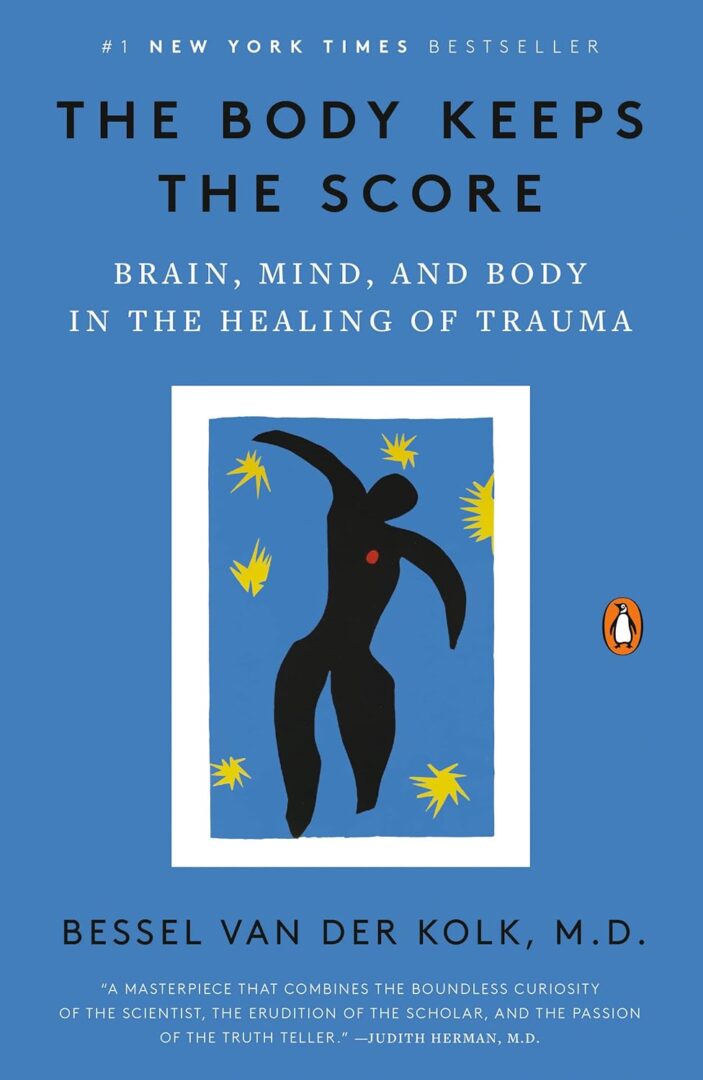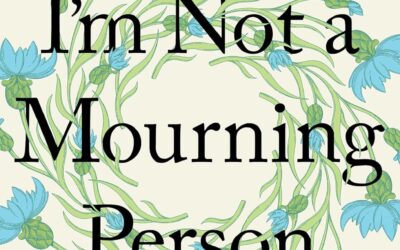Essential reading for anyone interested in understanding and treating traumatic stress and the scope of its impact on society.” —Alexander McFarlane, Director of the Centre for Traumatic Stress Studies
GET IT NOW
F*ck Death: Healing Mental Health Journal for Adults After the Loss of a Loved One
A straight-to-the-point, honest-as-hell grief recovery handbook, offering a refreshingly honest approach to healing, empowering you to navigate your journey without the fluff and generic advice.
Embrace the concept of radical honesty with a raw and unfiltered perspective on the grieving process. From acknowledging the messy and complex nature of grief to exploring unconventional methods for healing, this book is your partner in reclaiming your emotional well-being and mental health.
GET IT NOW



